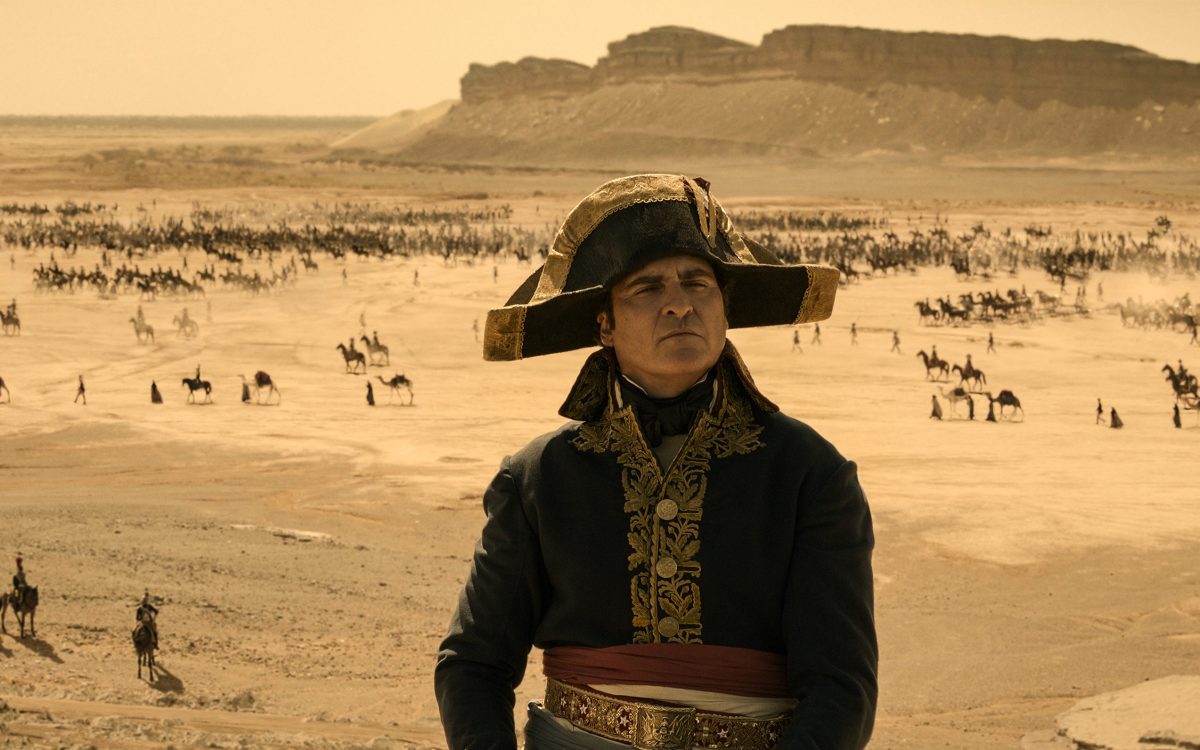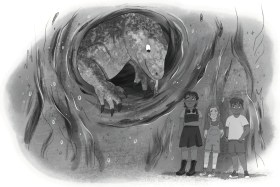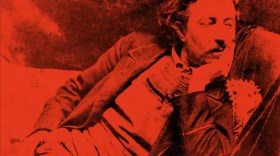In light of the criticism that has emerged since its release, it’s worth stating that – for this historian at least – Ridley Scott’s Napoleon is not all that bad.
Napoleon Bonaparte is a notoriously difficult cinematic subject. There is first the problem of which story to tell. Many, particularly in the Anglosphere, regard Napoleon with some degree of awe, intrigued by the legend that Napoleon himself helped create. Those aware of the human cost of his ambition, his restoration of slavery and the way he rolled back women’s rights (to choose just a few examples) tend to feel otherwise. In France, the bicentenary of his death two years ago was accordingly ‘commemorated’ rather than ‘celebrated’.
There is also the difficulty of translating such an action-packed life to the big screen. Stanley Kubrick was famously defeated by the task, while for many, Abel Gance’s five-and-a-half-hour 1927 silent epic is yet to be outdone, despite numerous attempts since.
Scott and screenwriter David Scarpa have gone for a straightforward, chronological biopic that – probably due to Joaquin Phoenix’s 49 years – skips over Napoleon’s early life to start in 1793, with the French Revolution in the grip of the Reign of Terror.
Despite its 158-minute runtime, omissions had to be made, leading to the type of misrepresentation that has upset so many historians. The result is a series of set pieces – some more successful than others.
The film’s error-ridden, mishmash of an opening – which has Napoleon present at the guillotining of a defiant, outlandishly wigged Marie Antoinette, set to Edith Piaf’s 1954 recording of the revolutionary song ‘Ça ira’ (It’ll Be Fine) – is just one example of someone’s vision needing to be reined in.
More persuasive are the battle scenes which, regardless of the disdain of military history buffs, are unlikely to be bettered any time soon. The violence on display, from eviscerated horses to the cannibalised corpses of the Russian withdrawal, chip away at that legend.
The battles, though, are effectively the sideshow.
The screenplay’s through line, in as much as it has one, is its love story. Yes, there is some wince-inducing dialogue, but Phoenix’s take on Napoleon in love is at least more convincing – partly because given more time – than his battlefield Napoleon. The film’s highlight is its sympathy for Joséphine (Vanessa Kirby), seen in the transactional sex that buys security for herself and her children, her over-rouged cheeks at the coronation (designed to make her look younger than her 41 years) and her own exile to the perpetually rainy Château de Malmaison.
But Scott’s Napoleon can’t overcome its episodic nature; too much has been omitted and what’s there is often too disparate in approach. As such, it never quite gets to the heart of what propelled its subject, despite the odd attempt to inculpate Napoleon’s mother. Without addressing Napoleon’s early years, the film can only hint at the exhausting drive that came from the deep insecurity of always being an outsider, of the wrong birth, with a foreign accent to boot. Whatever he achieved, it was never enough.
On the topic of accents, those of the leads will grate for some viewers. Phoenix’s laconic drawl seems better suited to a Western, while Kirby’s throaty magnetism is overshadowed by her very British vowels.
The supporting cast, including Paul Rhys’ smarmy Talleyrand and Rupert Everett as an Oscar-worthy Duke of Wellington, is uniformly exceptional – if only we saw more of them.
Read: Film review: Audrey Napanangka
Napoleon has already blitzed the global box office, taking the edge off its US$200 million (AU$300 million) budget. With the end of The Crown, this is surely the time for a Napoleon series that can delve beyond the dual battlefields of love and war, and into the political reforms that arguably contributed just as much to his reputation. Steven Spielberg is already developing Kubrick’s project as a seven-parter for HBO, but Napoleon’s is a story that could command at least three seasons … plus a follow-up for his nephew, Napoleon III.
Napoleon is in cinemas now.
This article is published under the Amplify Collective, an initiative supported by The Walkley Foundation and made possible through funding from the Meta Australian News Fund.





